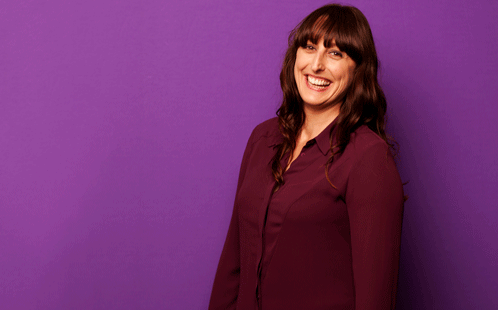
Gestational diabetes is the fastest growing type of diabetes in Australia. Western Sydney University has two new Australian-first research projects aimed at better understanding and managing the disease.

A Western Sydney University study has shed new light on the ways that mothers use social media for breastfeeding support.

Dr Emma Power wants to hear stories of how older women aged 55 and over who are not home owners are grappling with housing security in the Illawarra region.

New global research led by Western Sydney University has found major problems with the management of short peripheral catheters - with two thirds of catheter insertions found to be placed in non-recommended sites or at risk of failure.

Two Australian-clinical guidelines, co-authored by Western Sydney University’s Dr Caleb Ferguson and Professor Phillip Newton, are set to revolutionise patient heart care.

Two Western researchers, Dr Kate Umbers and Dr Genevieve Steiner, have been awarded the prestigious 2018 Young Tall Poppy Science Award.

Researchers from Western Sydney University have collaborated with aged-care services provider, Fresh Hope Care, and I’m Soul Inc on a music project to improve quality of life for dementia patients.

When we listen to music, we often tap our feet or bob our head along to the beat – but why do we do it? New research led by the MARCS Institute suggests the reason could be related to the way our brain processes low-frequency sounds.